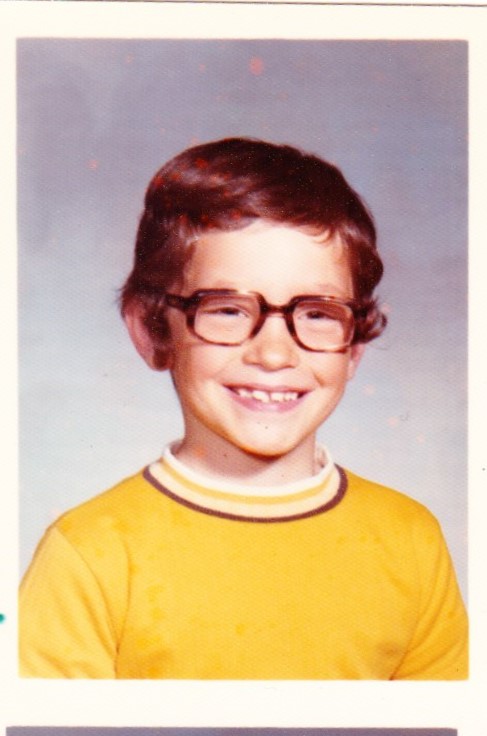“…it is the affirming love of another man that is the most effective antidote to the battered self esteem of most gay men in our society. And it is the love of another over time that provides the greatest certainty and clarity about one’s personal identity as a gay man. Only then does being gay become indispensable to one’s happiness.” Richard Isay, “Becoming Gay”
How someone interprets this quote will depend entirely on their attachment style and their own personal histories. My attachment history is one of being wounded, so I find this quote enticing and provocative while others who are securely attached see this quote from a perspective of being “unhealthy”.
From a secure attachment perspective, the quote comes off as “needy” or “weak.” After all, who is responsible for my happiness but me? I’ve shared this quote with a few gay men and the common response I get is “I don’t like it or agree with it. I can’t depend on another to fulfill me self esteem?” It carries a strong overtone of co-dependence which needs to be rejected. No one is responsible for my self worth, only I am.
If we use the filter of attachment theory, then the above comments make some sense. As babies, we are totally dependent on our caregivers for every need we have, physical, emotional and social. We internalize our self worth through the actions, words and sounds of our caregivers. When we are upset and crying, do they soothe us? When we’re hungry or dirty, to they feed and clean us up? It is through these actions that we, as babies and children, learn to value ourselves for who we are and what we offer the world and others.
What if your caregivers are not responsive? That they are wounded in some significant way through their own historical trauma or some other events and are unable to give us the nurturing and care that we need as babies? The result is, we too then become wounded over time. This is how patterns get passed on through generations.
As a gay man, I can tell you I have always felt different from everyone else around me. Although to be honest, it wasn’t always about being gay per se. That was just another layer to the pile of how I was different. On the surface of it, as a child, I was aware that I was from a single parent home while most of my friends weren’t. In kindergarten, my teacher pointed out on my report care that I had “low self esteem.” I spent my days longing for a “best friend” but never finding one. I’m sure this was due to my attachment style. Although I longed for that kind of relationship, I wasn’t prepared to be trusting or open enough to achieve it.
This has been a theme for me in my lifetime. I recently commented to a friend that I think I’m afraid of being loved. No matter how much I want it, when I face to face with it, something short circuits and it ends. I am still working in this area to be open to love from another. To allow myself to be vulnerable enough to be truly seen by them and in that, allow my sense of self to heal from years of neglect.
Having the courage to embrace my authentic self has made me feel more like “me” than I ever have in my life. It gives me the freedom to reject that which is not good for me or doesn’t fit within my moral framework and to be okay with that. Embracing authenticity has been, and continues to be, the greatest gift I have given myself.
